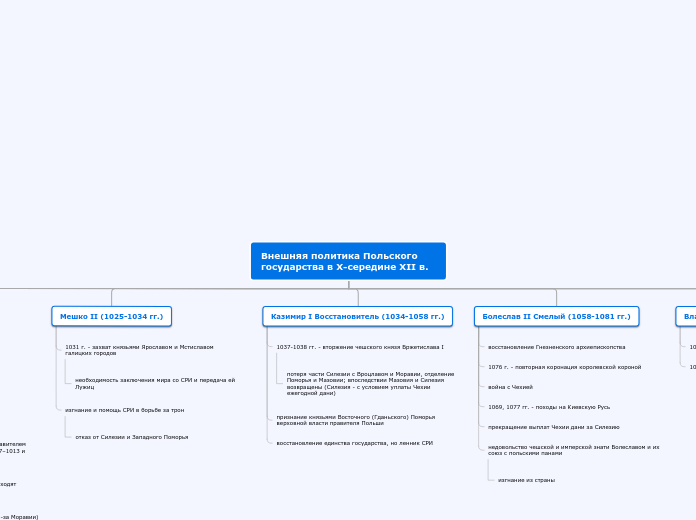Сложносочиненное предложение
Tenses demonstrate the time of actions centered around the subject of the sentence. These actions are called verbs and change according to tenses.
Предикативные части
There are four Future tenses:
- Future Simple ('with Will' and 'with Going to')
- Future Continuous
- Future Perfect Simple
- Future Perfect Continuous
Другие средства связи
Future Perfect Simple is used for:
- an action that will be finished by a particular time in the future
- an action that starts before and continues up to another action or time in the future
- an action that will finish before a certain time in the future, but it is not known exactly when
Adverb used with Future Continuous:
- tomorrow (e.g. tomorrow by 7)
Употребление слов, требующих пояснения
Structure:
Subject + Won’t Have + Past Participle
e.g. I won’t have met my friend form United States by this time tomorrow.
Type in your own examples or you can also choose from the examples below.
Form of word "to be":
I will not have beenYou will not have beenHe/She/It will not have beenWe will not have beenYou will not have beenThey will not have been
Form of word "to have":
I will not have hadYou will not have hadHe will not have hadWe will not have hadYou will not have hadThey will not have had
Общий второстепенный член
Structure:
Subject + Will Have + Past Participle
e.g. I will have met my friend form United States by this time tomorrow.
Type in your own examples or you can also choose from the examples below.
Form of verb 'to be':
I will have beenYou will have beenHe/She/It will have beenWe will have beenYou will have beenThey will have been
Form of verb 'to have':
I will have hadYou will have hadHe/She/It will have hadWe will have hadYou will have hadThey will have had
Составляют единое смысловое целое
Future Continuous is used:
- for an action that is likely to happen in the future and continue for an expected length of time
- for an action that will be in progress at some point in the future
- for action verbs (e.g. running)
- for predictions about future events
Adverb used with Future Continuous:
- tomorrow (e.g. tomorrow at 5 o'clock)
Не имеют относительной независимости друг от друга
Structure:
Subject + Will Be + Verb-ING
e.g. You will be having fun at the party.
Examples
Type in your own examples or you can also choose from the examples below.
Form of verb 'to be':
I will be beingYou will be beingHe/She/It will be beingWe will be beingYou will be beingThey will be being
Form of verb 'to have':
I will be havingYou will be havingHe/She/It will be havingWe will be havingYou will be havingThey will be having
Связаны между собой
Future Simple is used:
- to predict an event in the future
- to invite
- to give orders
- to express willingness
- for actions that have not yet occurred but that will occur at a future date
С помощью интонации
'Going to' Future is used:
- to talk about our future intentions and plans
- for commands
Some adverbs used with 'Going to' Future:
- later
- tonight
- tomorrow
- next week
- next month
- next year
С помощью сочинительных союзов
Future Simple with 'will'' is used:
- to predict the future
- for something with absolute certainty
- when we're talking about a decision at the moment of speaking
- promises, requests, refusals, offers
- future facts
Some adverbs used with Future Simple:
- tomorrow
- next week
- next month
- next year
что, чтобы, поэтому, как, если, словно, будто, где, когда
Structure:
Subject + Won’t (will not) + V1(First Form of Verb)
e.g. You won’t see Mary when she comes back from Denmark.
И, а, или, но, зато, однако, либо, тоже, также
Structure:
Subject + Will + V1(First Form of Verb)
e.g. I will see Mary when she comes back from Denmark.









